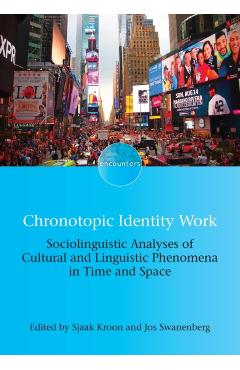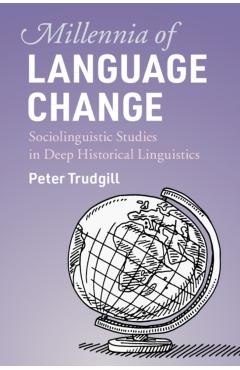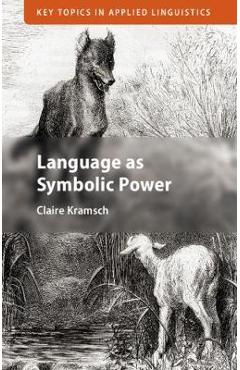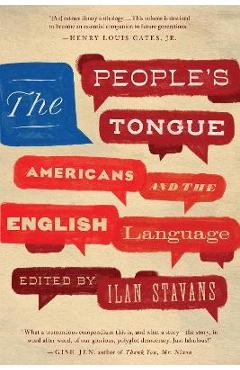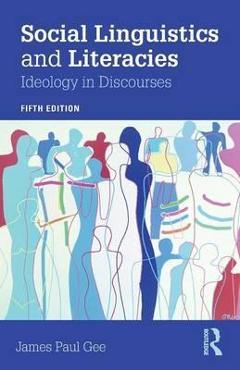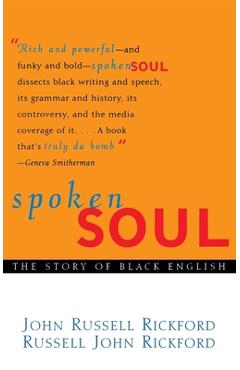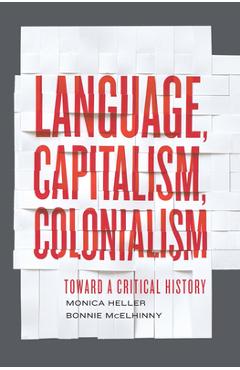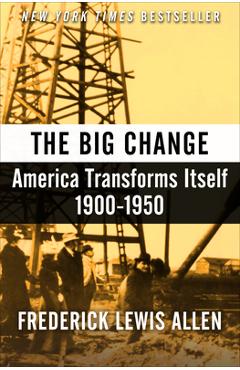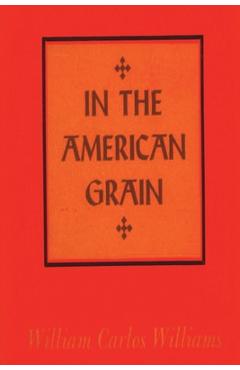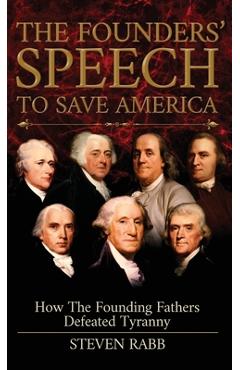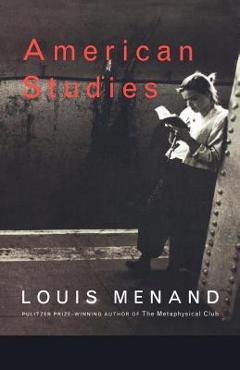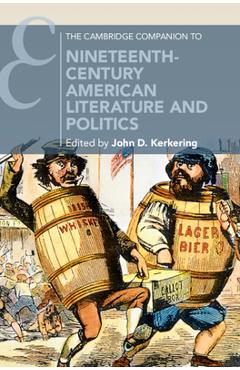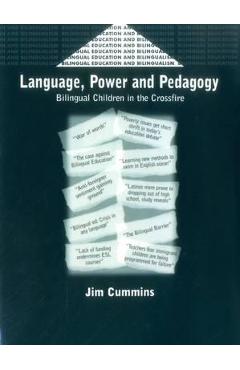The Devil's Messages: Language and Contested Space in 20th Century America
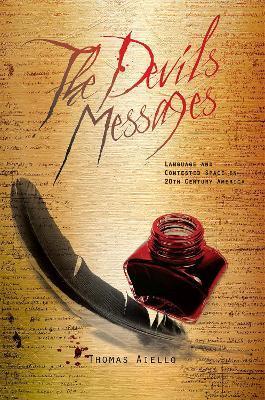
The Devil's Messages: Language and Contested Space in 20th Century America
The evolution of American cultural history pivots on those moments, large and small, where definitions break down, where meaning is contested, and a new kind of understanding is created in the bargain. We would be hard pressed to call that evolution progress, as new situational realities are defined by their newness and the situations that create them, but they breed difference, nonetheless, and create a new synthesis from the rubble. Those situational realities are created by shifts in meaning, by the cross-currents of language, which ultimately drive the system--not forward, perhaps, but into a new state of being, for better or worse, depending on one's own needs or beliefs.
The Devil's Messages is a collection of essays that examines instances of definitional difference, of contested meaning. The essays move chronologically, but they are by no means comprehensive. The evolution of American history tracks along myriad similar disputes. Instead, each essay is exemplary of historical points where disagreements over language create contested space. Some of those spaces are large--Civil Rights, Christianity, the Cold War. Others are smaller, more limited examples of similar problems.
The Devil's Messages chronicles an art controversy in the mid-century South, the linguistic nomenclature that gave the country "godless communism," and the fight to remove prayer from public schools. It finds the devil in the films of Otto Preminger and Woody Allen and in the details of Ira Levin novels and disco, remembering throughout that historians themselves can be his most effective advocate when dealing with the rest of the liberal arts.
Thomas Aiello is an assistant professor of history and African American studies at Valdosta State University. He is the editor of Dan Burley's Jive (Northern Illinois University Press, 2009) and Paul Morphy: The Pride and Sorrow of Chess (UL Press, 2010), and the author of Bayou Classic: The Grambling-Southern Football Rivalry (LSU Press, 2010) and The Kings of Casino Park: Race and Race Baseball in the Lost Season of 1932 (University of Alabama Press, 2011). He has published dozens of articles on American history, philosophy, religion, linguistics, and culture.
PRP: 775.03 Lei
Acesta este Pretul Recomandat de Producator. Pretul de vanzare al produsului este afisat mai jos.
658.78Lei
658.78Lei
775.03 LeiLivrare in 2-4 saptamani
Descrierea produsului
The evolution of American cultural history pivots on those moments, large and small, where definitions break down, where meaning is contested, and a new kind of understanding is created in the bargain. We would be hard pressed to call that evolution progress, as new situational realities are defined by their newness and the situations that create them, but they breed difference, nonetheless, and create a new synthesis from the rubble. Those situational realities are created by shifts in meaning, by the cross-currents of language, which ultimately drive the system--not forward, perhaps, but into a new state of being, for better or worse, depending on one's own needs or beliefs.
The Devil's Messages is a collection of essays that examines instances of definitional difference, of contested meaning. The essays move chronologically, but they are by no means comprehensive. The evolution of American history tracks along myriad similar disputes. Instead, each essay is exemplary of historical points where disagreements over language create contested space. Some of those spaces are large--Civil Rights, Christianity, the Cold War. Others are smaller, more limited examples of similar problems.
The Devil's Messages chronicles an art controversy in the mid-century South, the linguistic nomenclature that gave the country "godless communism," and the fight to remove prayer from public schools. It finds the devil in the films of Otto Preminger and Woody Allen and in the details of Ira Levin novels and disco, remembering throughout that historians themselves can be his most effective advocate when dealing with the rest of the liberal arts.
Thomas Aiello is an assistant professor of history and African American studies at Valdosta State University. He is the editor of Dan Burley's Jive (Northern Illinois University Press, 2009) and Paul Morphy: The Pride and Sorrow of Chess (UL Press, 2010), and the author of Bayou Classic: The Grambling-Southern Football Rivalry (LSU Press, 2010) and The Kings of Casino Park: Race and Race Baseball in the Lost Season of 1932 (University of Alabama Press, 2011). He has published dozens of articles on American history, philosophy, religion, linguistics, and culture.
Detaliile produsului











